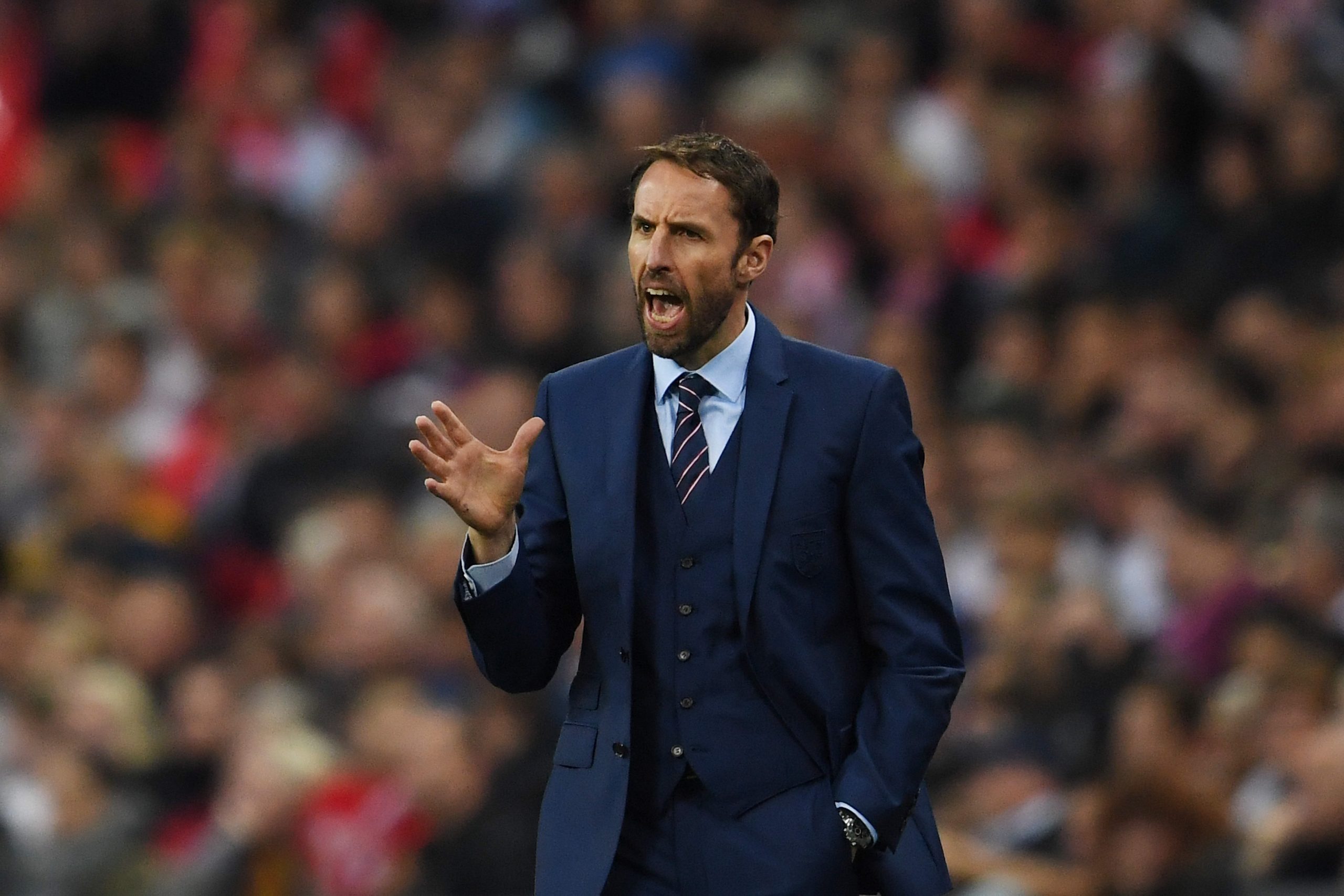
Roughly, there are three aspects to football management: recognising talent, deploying talent and maximising talent. No one has the slightest clue whether or not Gareth Southgate can do any of them, and yet he is now the manager of the England football team, not just the choice but the only choice.
To significant extent, this simply reflects the changed state of the game; the explosion of the Premier League and Champions League means that international football is no longer the pinnacle. Saturation coverage has created cultural staples and financial imperatives, such that the finest players gather at the richest clubs to guarantee the highest standard. The last classic World Cup was 1998; the last classic Champions League was the last one.
Of course there is still something special about tournament football, but it no longer compensates for the lack of daily engagement and the buzz of regular competition. At this summer’s European Championships, the only manager of serious standing was Italy’s Antonio Conte, and no one expects that he will return to the international game anytime soon.
Unlike Southgate, Conte was appointed after excelling at club level, most particularly with Juventus, winning three consecutive league titles — the question was whether he would take the job, not whether he had earned it. But when he chose to move on, there was no candidate of similar status and in June the federation simply appointed Giampiero Ventura, the best available Italian.
It is true that Southgate’s installation reflects a drop in standards; the FA once felt confident enough to reject Brian Clough, twice a European Champion, while Bobby Robson won a European trophy with Ipswich Town and Terry Venables was admired throughout the world. Southgate, on the other hand, took Middlesbrough down to the Championship before being appointed manager of England under-21s, his muddled tactics and selection helping them to bottom place in their group at the 2015 European Championships.
As a personality, Southgate is not obviously inspirational, a genial dweeb with a barely believable smile, prone to middle-management cliche; less manager, more assistant to the regional manager. But, on the other hand, he is not full of vacuous machismo and swaggering entitlement, which, amazingly, means he is not lacking substance and is capable of learning. He was appointed captain of Crystal Palace at the age of 23, and last summer guided England to victory at the Toulon tournament; he might look and sound soft, but he is not.
In the club game, his lack of elite-level experience might count against him, but at international level, it is harder to foresee. Most obviously, there is less scope for it to grate, but beyond that, he has played in the semi-final of a major tournament, and under England’s best manager of the modern era — Venables. Nor will he be competing against greats of the game; Jogi Löw and Fernando Santos are reigning World and European champion; Otto Rehhagel won a trophy with Greece; and even Raymond Domenech reached a final with France.
This is possible because success comes down to very few games played over a very short period of time. The team or individuals within it can override anything the manager does or doesn’t do, and in a truncated format specific moments are regularly decisive.
Accordingly, the job of an international manager is not to improve players – there isn’t time – nor is it to motivate them for the daily grind – there isn’t one. Rather, the skill is to identify the best players and combinations, devise a system to get the best from them, and adapt things for particular circumstances. But that is general, with England, comes a specific, too: Southgate will need to build an environment and mentality that enables his team to play with freedom when the pressure comes.
There is no reason to think him incapable of this; rather, to the contrary. He has some good, young players, and the security of knowing that because things can’t get any worse, he has time. Claudio Ranieri and Leicester City were no one’s idea of a championship-winning combination, yet that is what happened. Different jobs demand different skills, and it might just be that stability, strength and calm are precisely what England needs.
Over the course of the last generation, everything that has been tried has failed. The only unexplored option is the promotion from within of someone younger, fresher and relatively untainted. Sure, it still might not work, but consider how nice it would be if it did. In the context, it’s worth a try.
Daniel Harris is a writer and can be found on Twitter @DanielHarris



